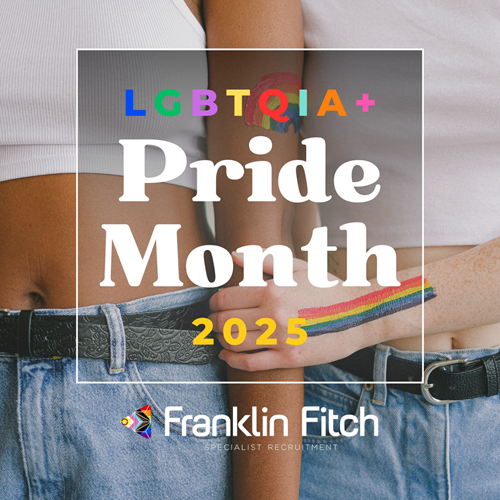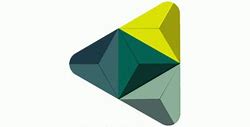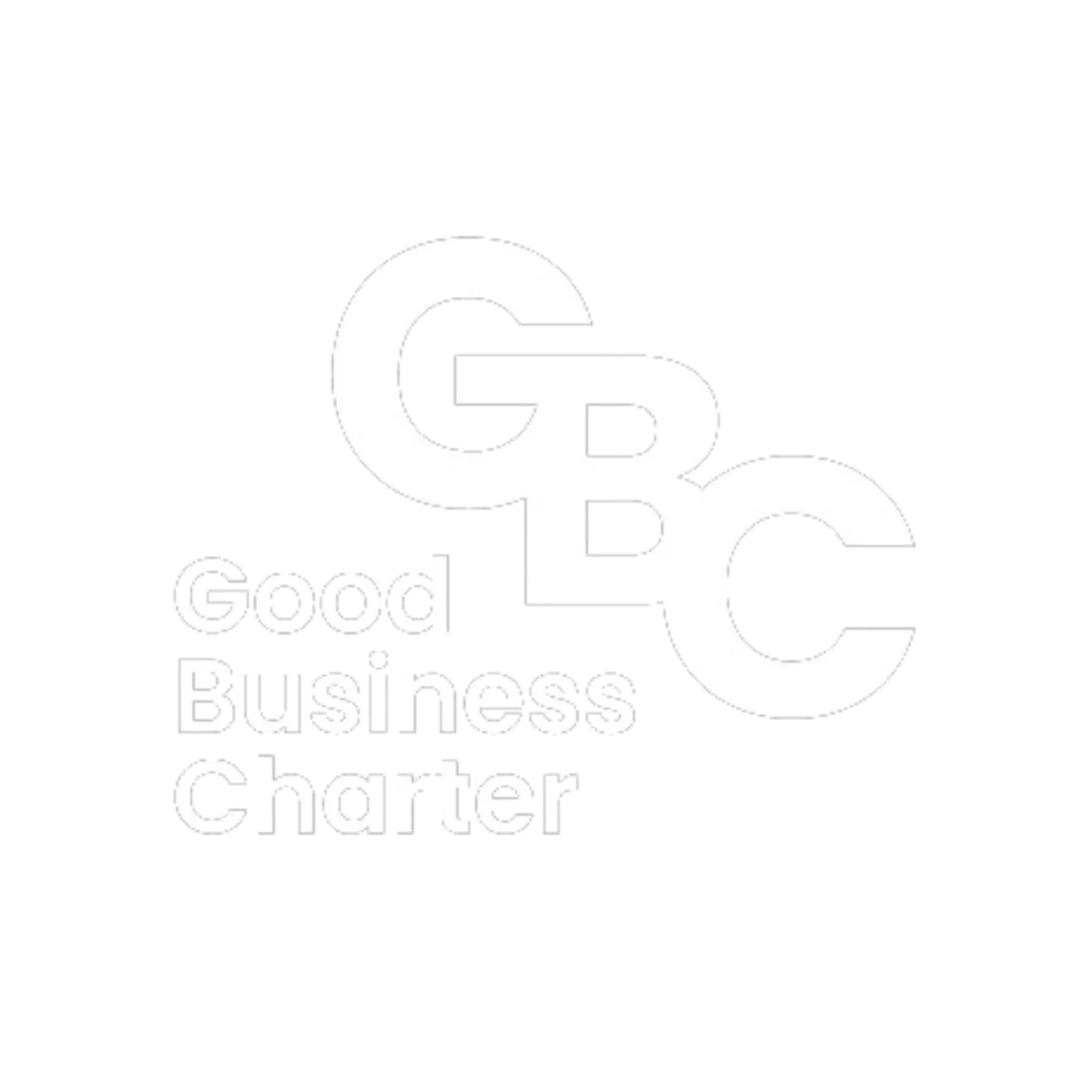
Tech Talent Spotlight Series: Isabel Scavetta
30 Aug, 20236As a leading voice in the UK technology sector, Isabel has made significant contributions to...

As a leading voice in the UK technology sector, Isabel has made significant contributions to the industry.
Recognised as one of the top 100 female voices in technology by TechWomen100 and winner of the McKinsey Achievement Award, she is dedicated both to developing her product management career path in AI and cyber startups and to helping other people from underrepresented backgrounds achieve their goals. For example, she is currently the Co-Lead of the Inclusive Cyber project at the World Economic Forum Global Shapers, where she has successfully introduced hundreds of non-STEM students to cyber careers and advocates for the youth voice in cyber to organisations and policymakers.
You came from a non-technical background and had an unconventional journey into the tech industry. Tell us how you got into the tech field and your career journey so far.
If you told me five years ago that I'd be working in tech, I’d have been shocked!
When I went to university, I was so unsure of where I wanted to build my career. Studying languages and politics shaped me into who I am today; however, upon graduating, I wanted to challenge myself to move into an industry that I thought had high potential for growth, was constantly innovating, and looked very different from what a lot of my peers were doing.
That was, and continues to be, the technology industry.
There were some key steps that helped along the way. For example, I started getting involved with tech communities online and upskilling myself digitally. I learned to code with Code First Girls, shared my journey online and joined different hackathons and challenges. All of these things helped me to realise that the branch of tech I was interested in was Product Management. I managed to get an internship at Rolls Royce in their internal AI startup, which developed some of the core foundational skills for that career path. Since, I’ve built my career as a Product Manager for AI and cyber startups.
What are the main challenges in this field?
I think there are a few. One is that there is no training or support that could adequately train you for the technology of today. I feel like a lot of educators and organisations are rushing to try and keep pace with the speed at which the technology industry is evolving, which is impossible.
Therefore, one of the main challenges has been identifying what I believe my core skills to be, and then designing my own career path around that. That's been a fun challenge, but also difficult compared to that very standard, linear progression that you would get in a lot of organisations - where you just join, and then progress higher in the company every two years.
Another challenge that I've had is the path from a non-technical and unconventional background. I’ve learned you have to be confident in selling your abilities, have a good amount of self-belief, and trust yourself that you can learn. I definitely still have rocky patches; I feel like I know it's the right place to be, but it can be so difficult to be here.
Finally - I don't know if you've seen the Barbie movie for this reference - but for me, the tech industry sometimes feels like the Barbie movie! Insofar as, because of my journey into tech, I’ve met so many women through women in tech groups, through events, and through networking. So, in my “Barbie” land, tech is just women. Everyone I know online who works in tech, most of the time, is a career switcher has done amazing things previously, or comes from a different underrepresented background. It’s difficult sometimes when I step out of that world into tech events, conferences, and papers and see how homogenous that landscape can still be.
How do you think, having had a non-conventional journey into tech, do you think can help inspire more women to do the same?
I’ve led a lot of active work in this space; for example, I've recently won a TechWomen100 award for my volunteering work to improve D&I in the tech sector.
For one, speaking out about our experiences is vital. I've mentored through a lot of organisations and benefited from being a mentee myself. Those chains of support are important to receive individualised advice and give people the confidence and belief that they can do it.
I also think that there can be too much of a focus on the subject of “imposter syndrome”. Yes, it’s a real thing to acknowledge. But, often, women really are entering an industry that can be stacked against them. Sometimes, you can feel like you don't belong, because you're being put in environments where you feel like you don't belong. It's not an imposter syndrome; it’s often reality.
Sharing our experiences and helping others to navigate that - the complexities of changing jobs, and promotions, and making sure you are always advocating for yourself and pitching for yourself, even within that environment - that’s critical for change.
The IT industry is known for its lack of diversity. What effect does this have when creating technology and looking to the future what are some challenges that we might face?
This is one of the questions that I'm most interested in answering in my career, because we are living in an increasingly digitised world where technology permeates every single part of our lives; from how we shop to how we spend our time, to who we love… literally anything you can think of is affected by technology in some capacity.
That's universal, yet, the digital divide is becoming so great. What’s concerning to me is that even though technology is becoming an accepted part of everyday life, it is being designed by a very small subsection of society. We need technology to be built by everyone to serve everyone.
I see that a lot as a Product Manager. I spend most of my time trying to think and craft solutions to difficult problems, and the more diverse your team is, or the more different backgrounds you have, different walks of life, anything, honestly, from any intersectional viewpoint is so helpful, because it gives us a more effective way to create a cohesive strategy.
Something I have previously spoken to large audiences about is that, on a bigger scale, diversity is so important when it comes to critical functions like cybersecurity, national security and defence. I think a lot of people think of diversity as a pleasant box tick exercise. However, the statistics prove time and time again that diverse teams generate more revenue, diverse teams create more holistic solutions, and diverse teams are better at going up against diverse threats and diverse challenges. In that kind of battleground, teams that are homogenous are going to lose.
Fundamentally, why is diversity so essential in the tech industry?
Technology has enormous potential to solve a huge amount of problems, but without the right people in the room, it's going to be solving the wrong problems in the wrong ways.
I think technology represents such an amazing opportunity for innovation and growth, but we have to make sure that it’s reflective of the societies that we live in. Having those experiences represented by the very people who are building the products is, to me, absolutely critical. There are obviously heaps as well that we can go into in terms of evidenced stories when this has gone wrong - outrageous AI bias, etc. - which I think just underpin that initial problem, that this just wouldn't have happened under different circumstances.
What are the things you’ve learned being a woman in tech?
I've learned a lot. Number one: community is so important in terms of building a career in general. I would not be having the success or the career path I have right now without an amazing number of women who've influenced me, hopped on a call with me, chatted with me, shared useful content online, and shared opportunities with me. It's helped me enormously to lean into that community side of my career.
I also grapple with that conflict between being very proud to be a woman in tech, but also not wanting my career to be defined by my difference. This is something that I think happens or can happen very often. I'm proud of what I've achieved as a D&I champion, but I'm also proud of what I've achieved in my technical and professional career to date. It’s critical to find that balance.
Finally, perhaps I'm biased, but all the women I know in technology are pretty exceptional and doing amazing things. Obviously, many women have great traditional technological training, but those numbers are shifting slowly. That’s why diverse routes into tech are so important.
I was having a conversation with a friend about this the other day; I think if you've put yourself through the challenges of career switching, if you've already overcome that hurdle to believe in yourself, to back yourself, to teach yourself, to advocate for yourself, to break into tech… you know that you can do a lot of what you put your mind to.
You were the recipient of the TechWomen100 UK & McKinsey Achievement Award. What were the key learnings from these awards?
One is that it's never too soon to put yourself out there. You can always be providing value; if you're interested and you're passionate about something, put yourself out there and learn what you have to say.
For example, I've had some incredible opportunities to speak to audiences of 200+ industry leaders and organisations about my volunteering work. I’ve also been able to help coach people and mentor people which has developed me and my skill set in so many ways. On paper, I was absolutely terrified to take up these chances, but I’m glad I did!
Another one is that if you have something to say, people will listen. I'm always shocked by people that I meet or vaguely remember talking to four years ago and they'll pop up and be like, “Oh, I've been following your journey over the last couple of years, I would love to come to a talk you’re doing.” That has been amazing. It’s taught me that people are interested, and I do have something to say, and there's a lot I can do to empower people through that.
These awards have also catalysed my personal development. Being involved with your community is an amazing way to develop your skill set and develop the skill sets of others beyond your day-to-day. I thoroughly enjoy my role. I'm passionate about it. In the same breath, I've been able to develop so many skills through volunteering for practically my entire professional career, which I think has not only taught me better skills but also made me a better person along the way. So it's hard work, but I think it's worth it in the end.
What is the importance of networking and role models?
There's a whole expression that says “If you can be it, you can see it”, which is great, but I think we're unfortunately still in a stage where sometimes we can't even “see it”. We're still hearing, “the first black woman to do X”, or “the first neurodiverse woman to do Y”, which is an incredible accomplishment, but also highlights how many of these women are absolute pioneers in their respective spaces without a role model that they can relate to.
In such cases, there's not even something you can see to aim towards, because maybe someone's not doing that yet. That's where your network and support is so important - helping each other out, helping people to tackle things for the first time - which makes all the difference that just going it alone.
In terms of networking, I'm a big advocate for mentorship and an even bigger advocate for sponsorship.
Sponsorship is the idea that someone is willing, when an opportunity comes up, to put you forward for the opportunity, suggest it to you, or encourage you to go after it. Without sponsorship, this is where a lot of women's progress can plateau. We do a lot of mutual support, which helps you to achieve on your current level, but the real question is “how do you get to the next one”?
Often that's just someone saying your name in a room which you're not a part of. I know a lot of people who are amazing at doing that and it is very much appreciated.
Sponsors, mentors, and role models can be anyone, regardless of their gender. For example, some of my best mentors, role models, and sponsors are men and come from very different backgrounds to me. I think there can also be a false perception that women's advancement is a women's issue and actually to make meaningful and tangential change, we need everyone in on networking, everyone in on role models, everyone in on sponsorship.
You are an active member of communities for not only women in tech but also co-lead on inclusive cyber for the World Economic Forum. Tell about why you are such a passionate advocate for these initiatives and projects and what is their mission.
I’m a World Economic Forum Global Shaper. World Economic Global Shapers is an initiative of the World Economic Forum to unite young changemakers across the globe. As the co-lead of the project Inclusive Cyber, I and my co-lead Kathy Liu run a significant cybersecurity project across London “Inclusive Cyber”.
It's basically split into two parts.
One part is we coach and mentor non-STEM students on how to advocate for their existing skills to break into a cyber career. That's incredibly important because a lot of tech upskilling is all about reskilling people. However, the message that we reinforce is that you already have the skills to be very successful in tech, you just don't know how to talk about them yet. By targeting a non-STEM audience, we tend to get a diverse range of different genders, ethnic backgrounds, ages, disciplines, etc. and it's been amazing. We've spoken at 6+ leading London universities this academic year and had some amazing feedback from that.
The second part is we advocate for the youth voice in the cyber sector. What you tend to find is that a lot of organisations and policymakers want to reach more diverse talent, but don't know how. We gather data from all of our workshops and then use that to advocate for the changes that we think are impactful and meaningful in terms of helping talents break into the cyber sector. Cybersecurity has a huge amount of potential and a huge amount of empty roles that need filling. We've done things like speaking recently to the UK Cyber Security Council, and we were invited to Washington DC to speak at ISC² on their Diversity Summit.
So, those are the two parts of the project, we're very passionate about it and extremely excited about it and there will be much more to come soon.
What advice would you give to women wanting to join the industry?
Don't be afraid to carve out your own career! Find what makes you excited and lean into that.
A huge thank you to Isabel Scavetta for dedicating her time to this interview. If you would like to find out more information about Isabel or some of the incredible initiatives she discussed in the article then head to her LinkedIn profile here.
If you, like Isabel, have an inspiring story to tell within Technology or IT Infrastructure then please get in contact today for us to share your story.









